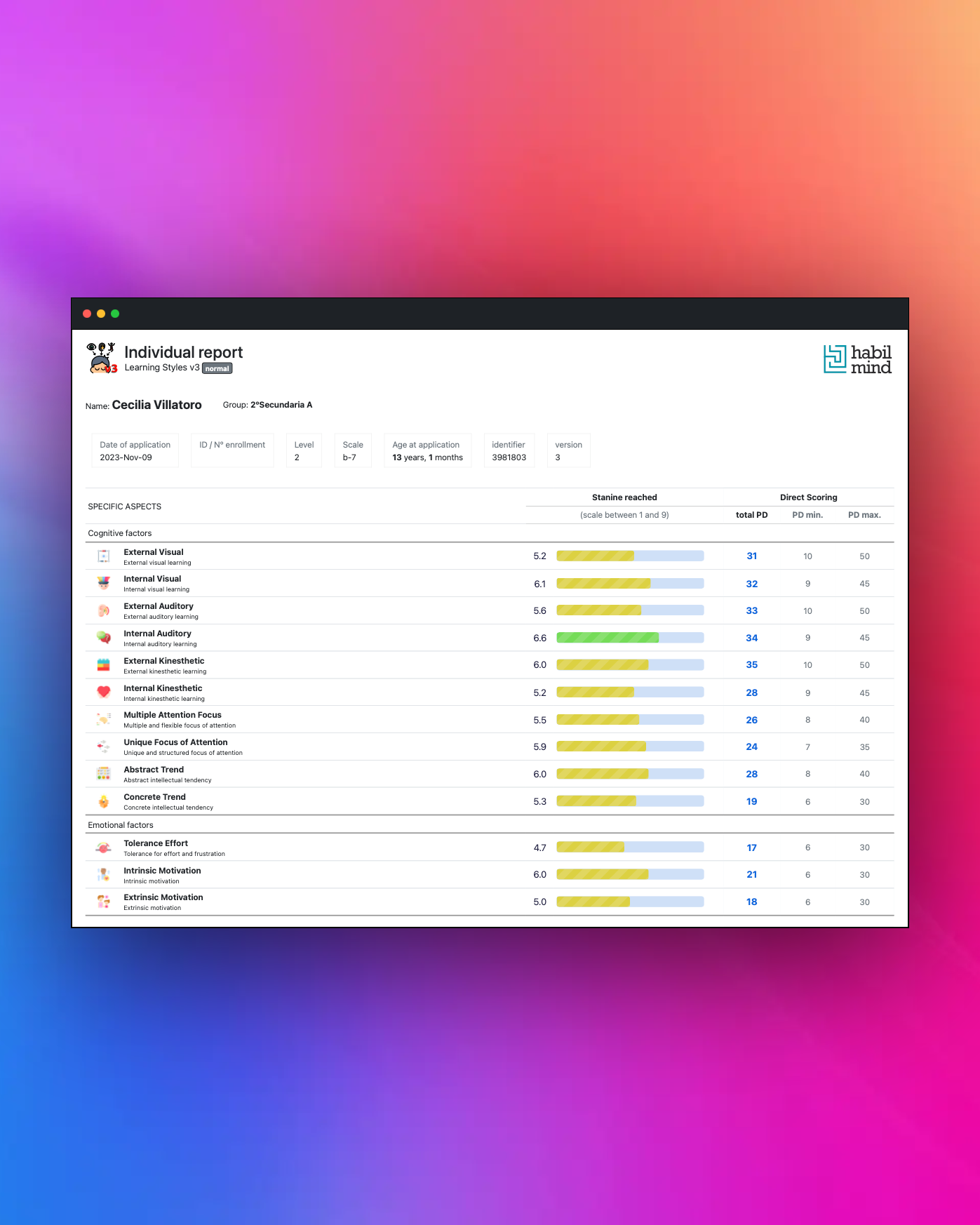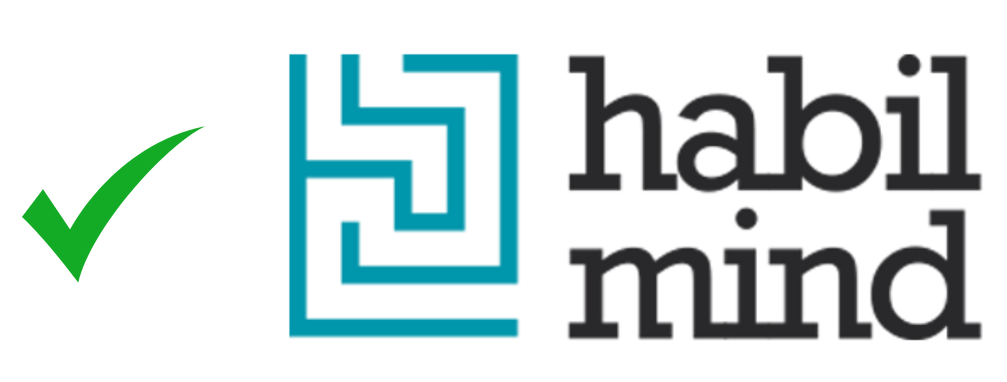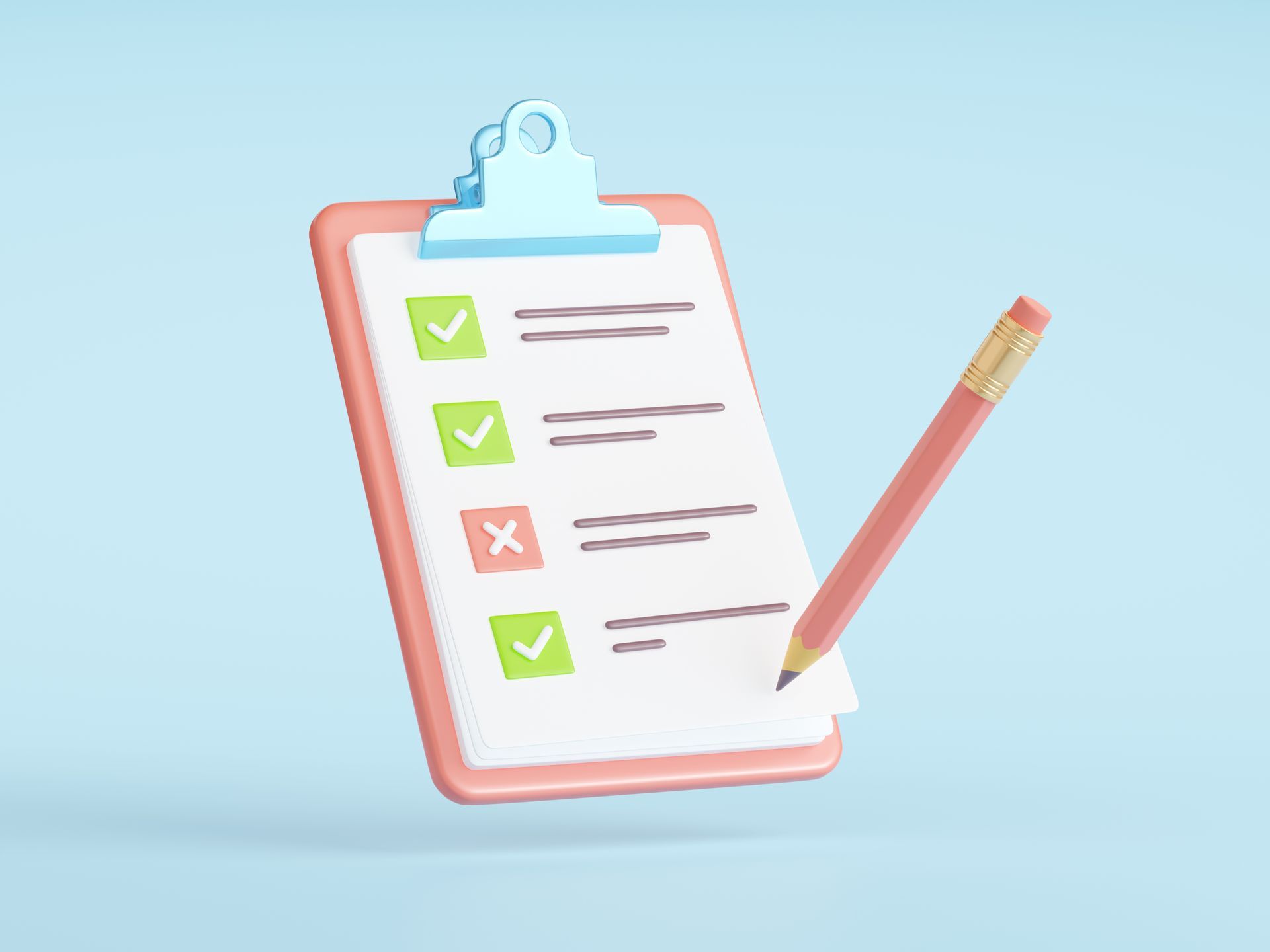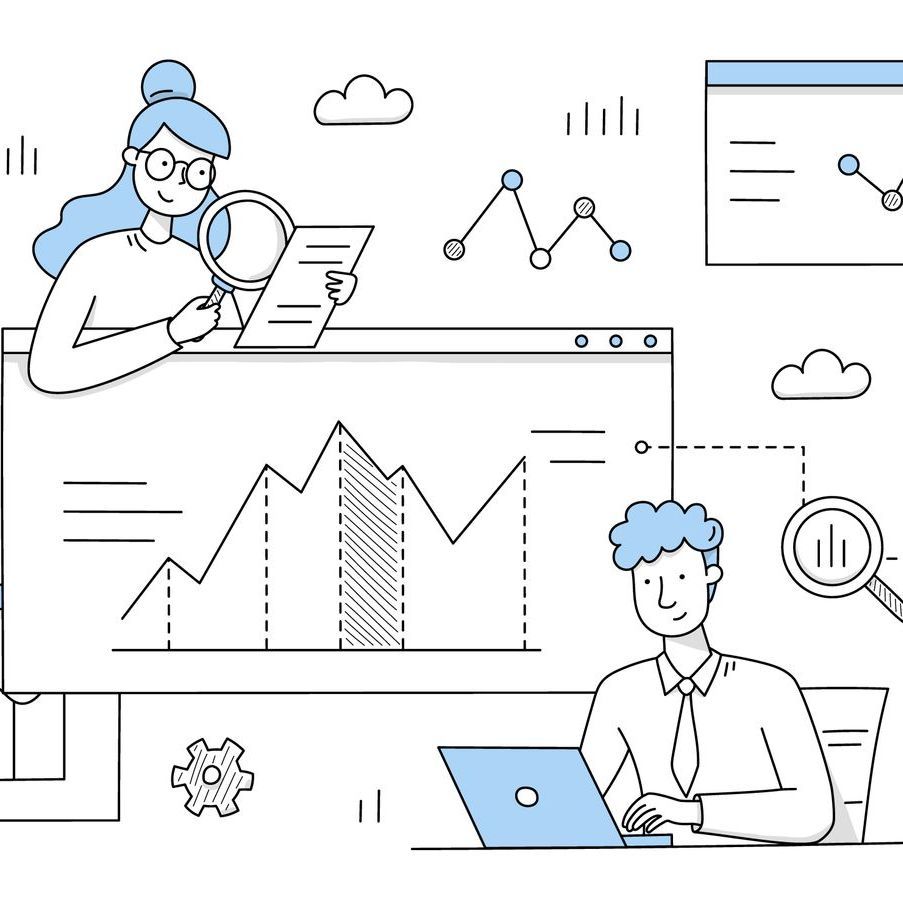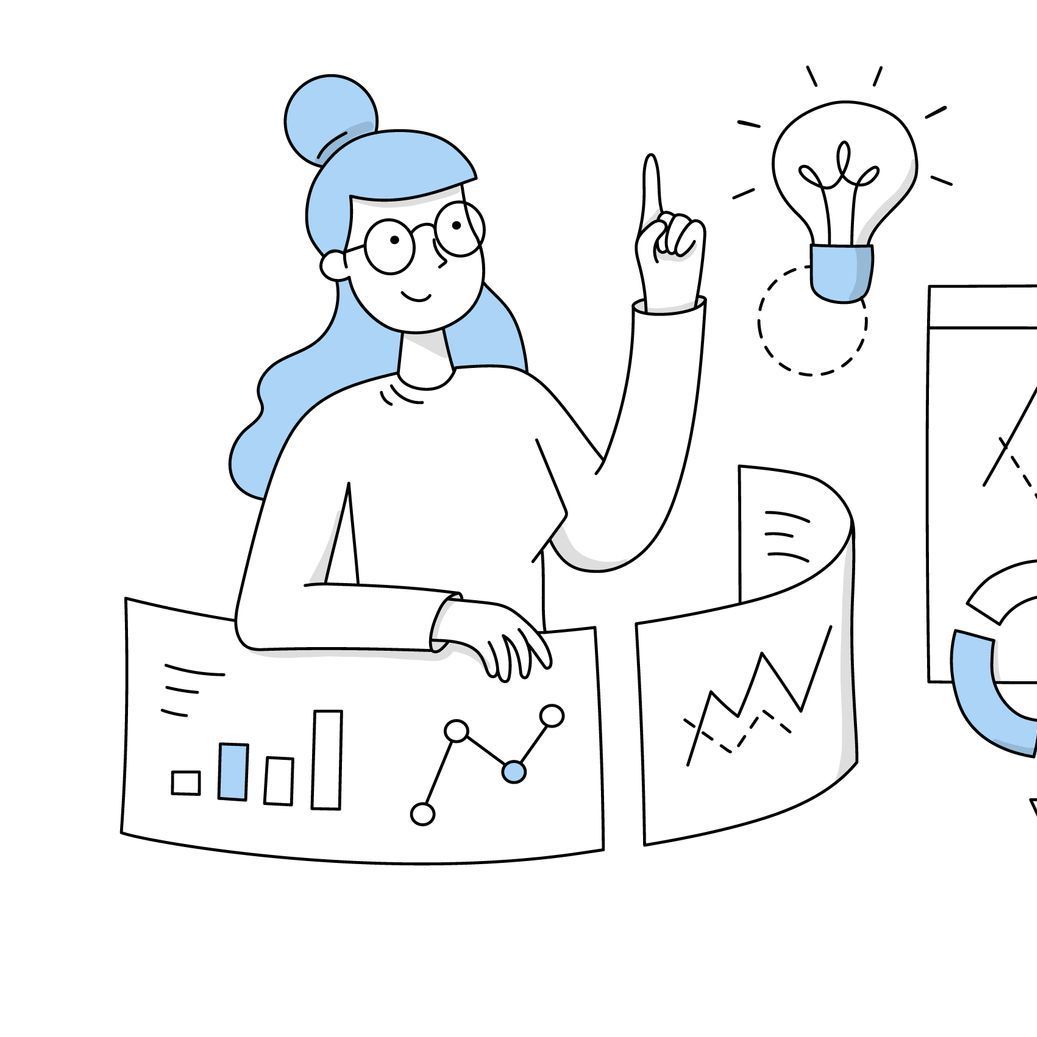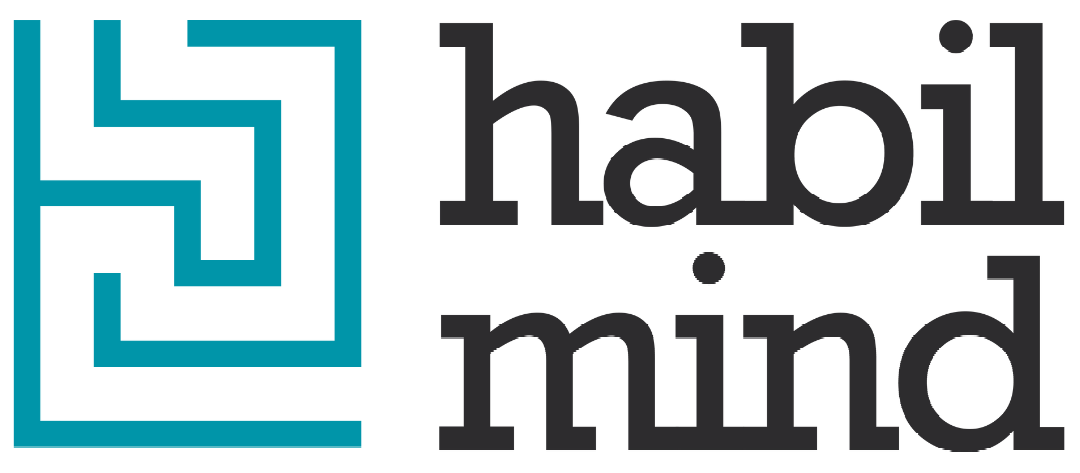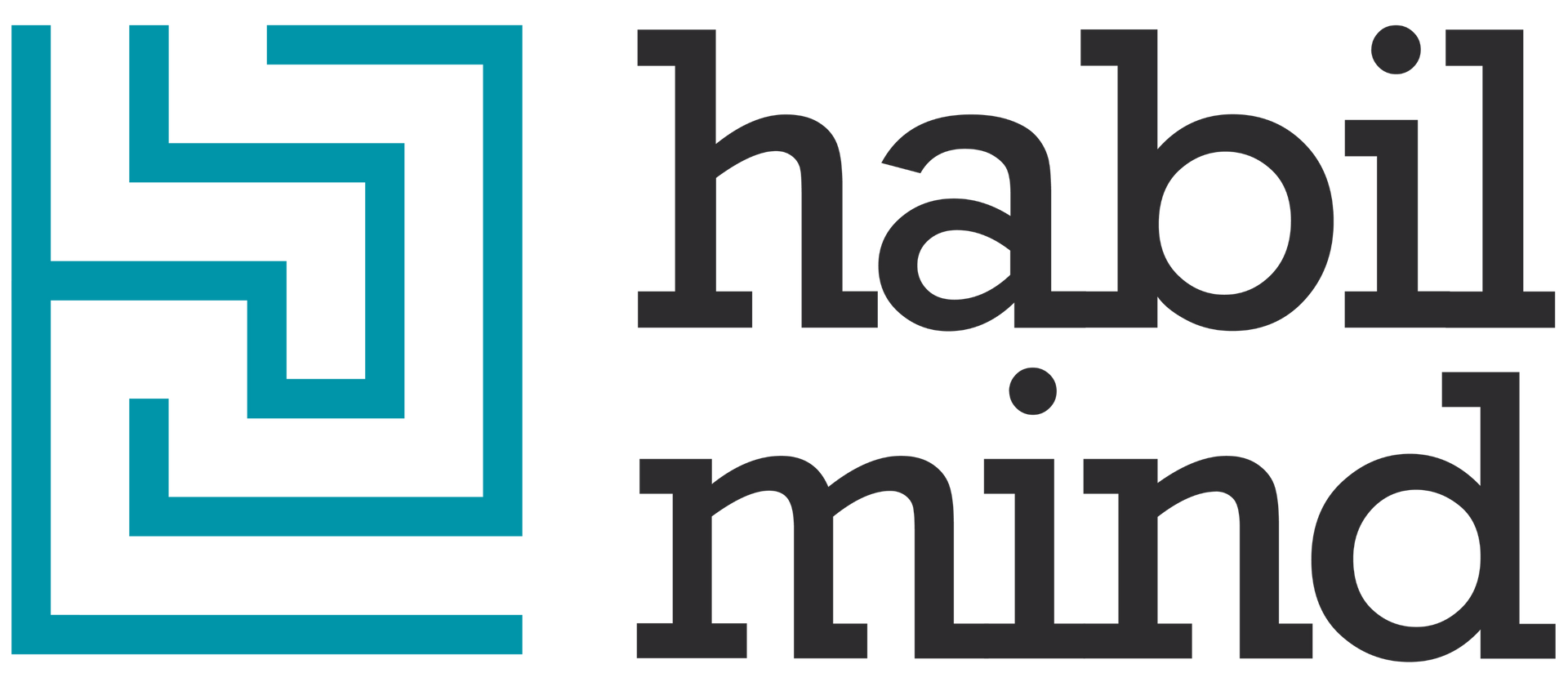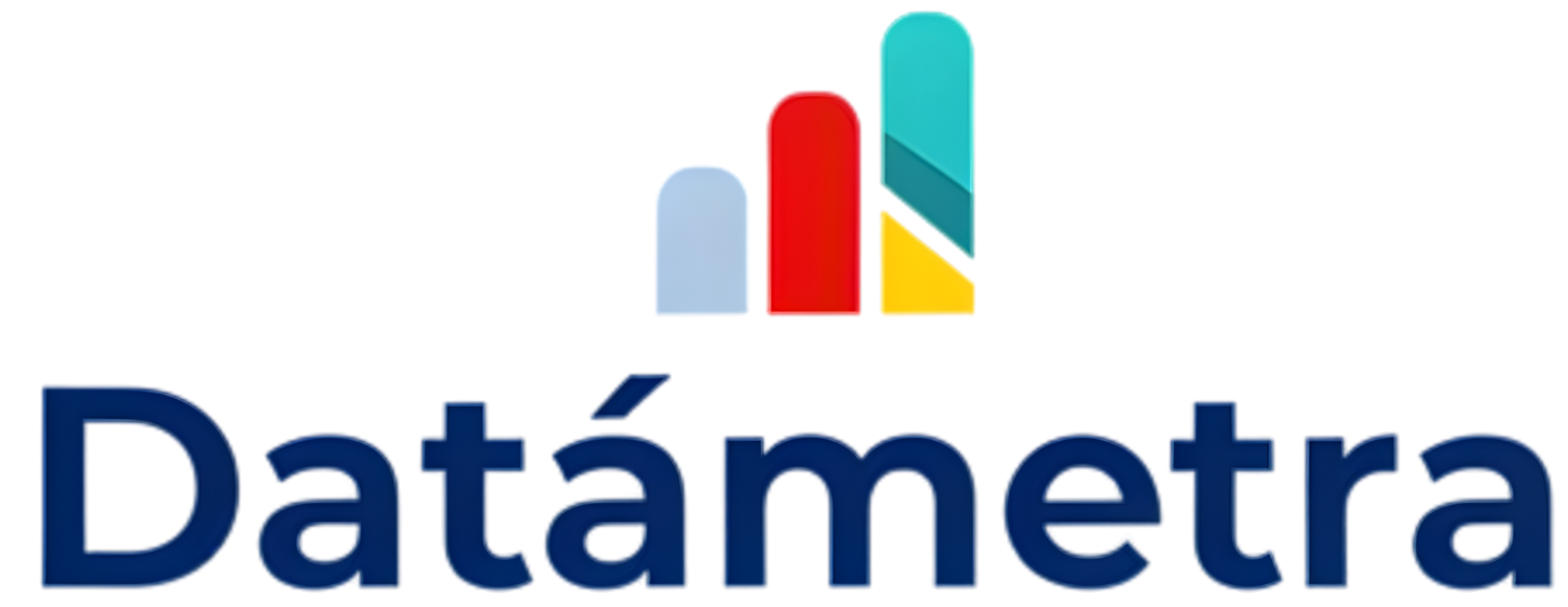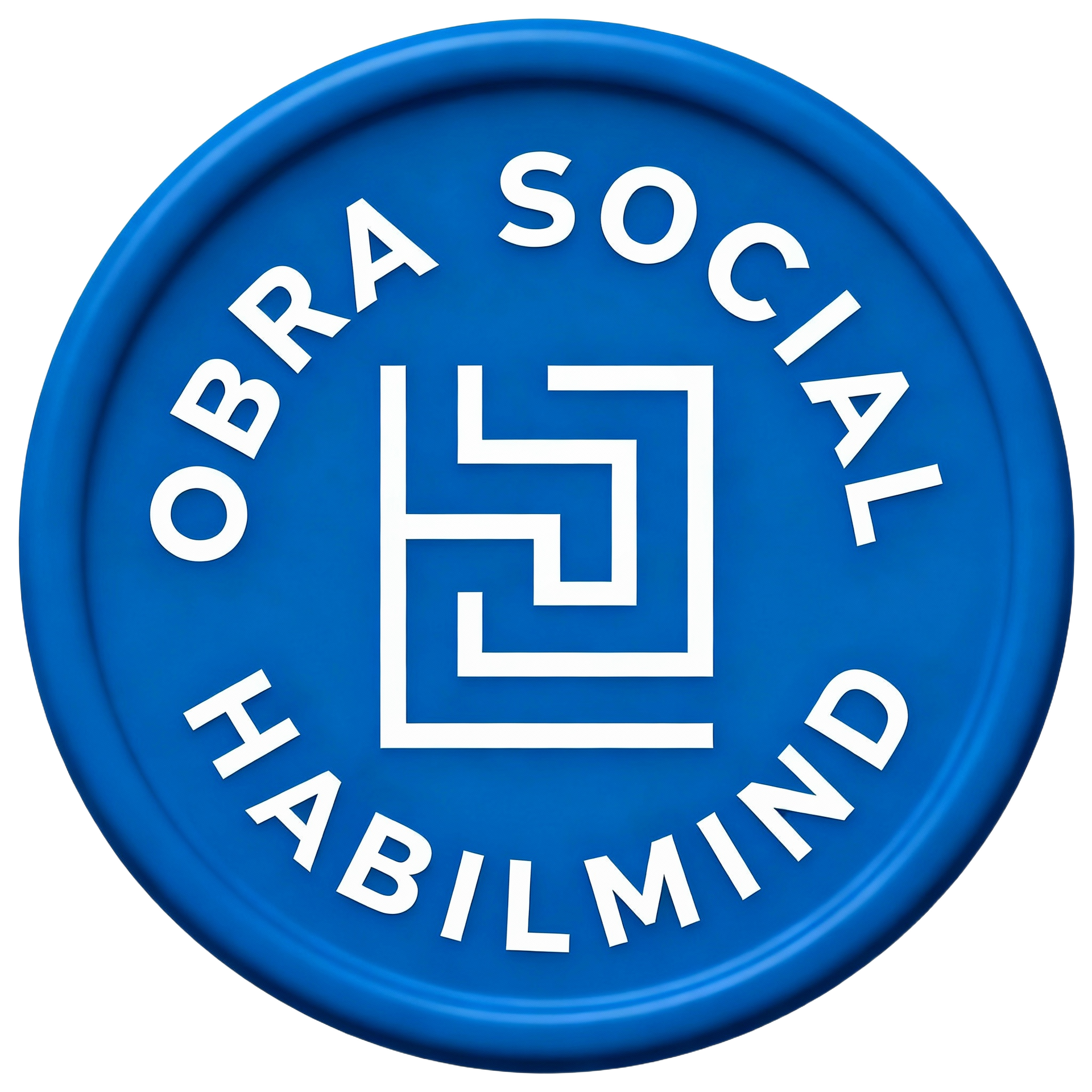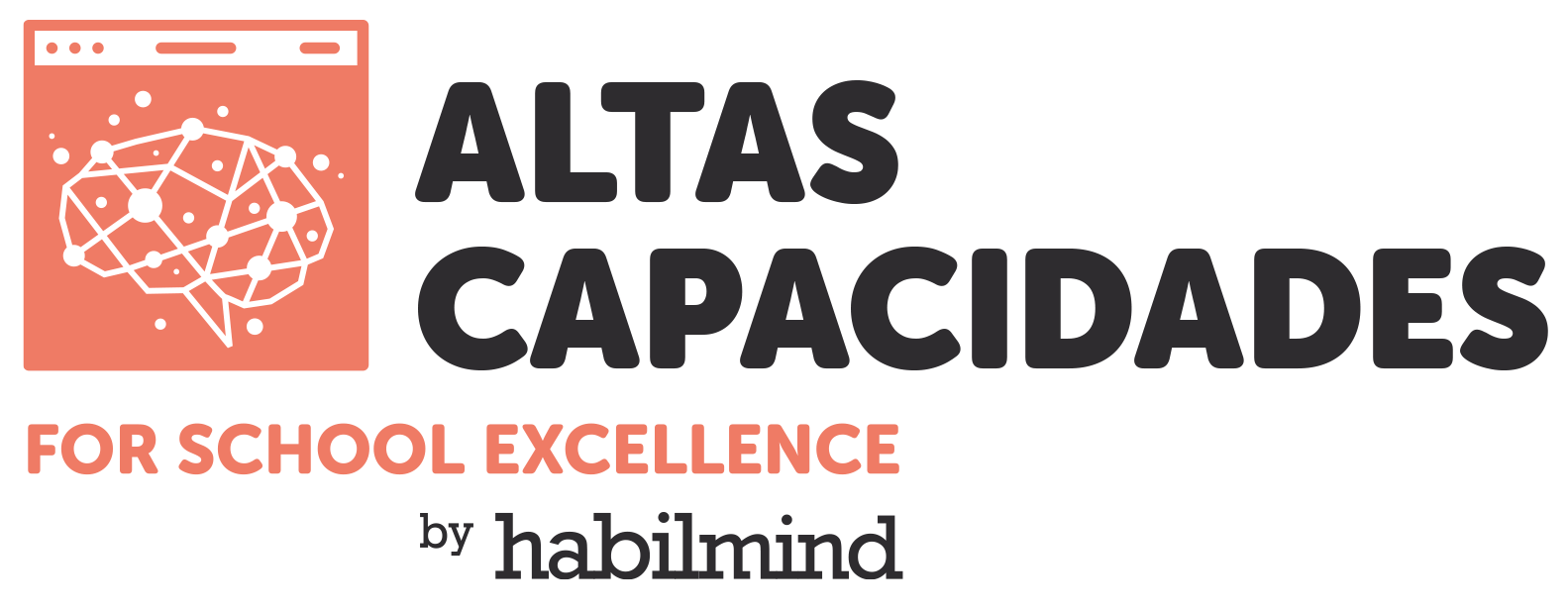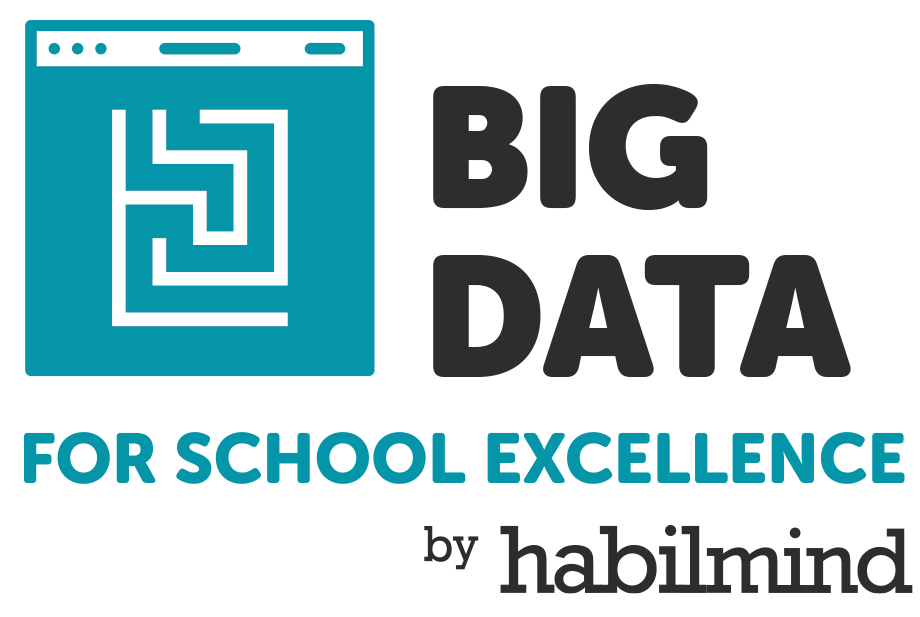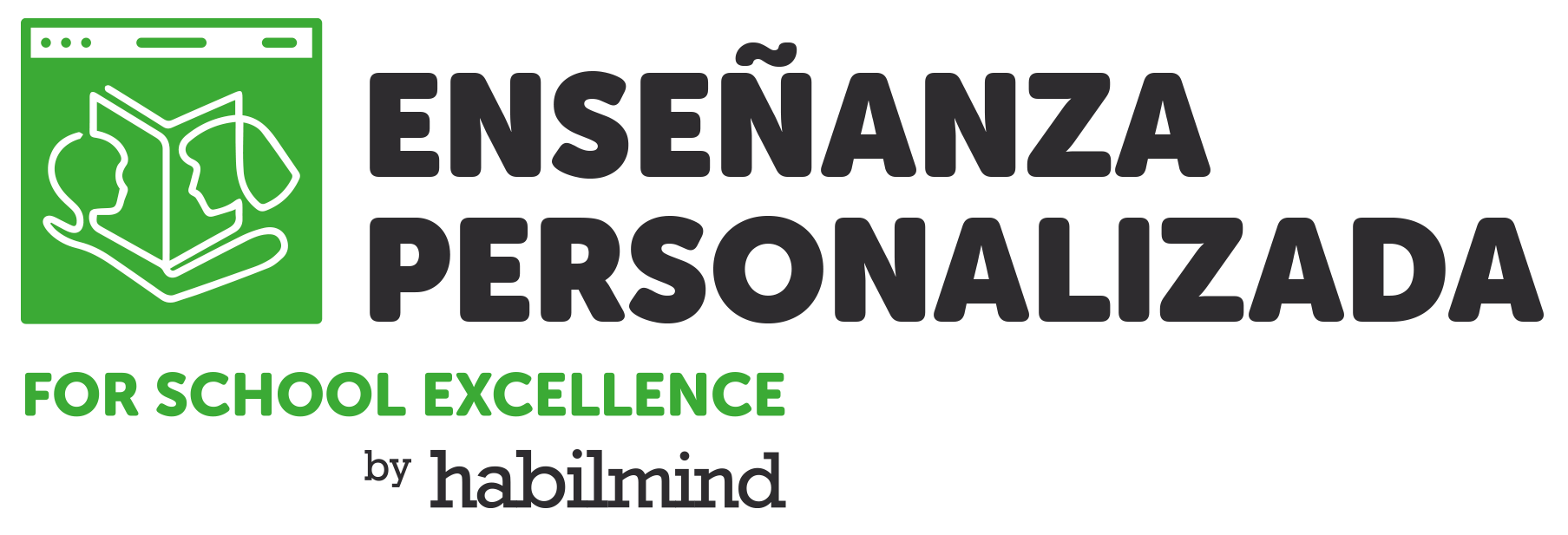Habilmind > Related to Students' Academic Performance > Learning Styles
Learning Styles
Analysis of processing channels
Assessment of dominant channels for information processing and other factors influencing learning.
ℹ️Application: Collective and individual
🕓Duration: 30 minutes
✅Applicable age: 9 years and above
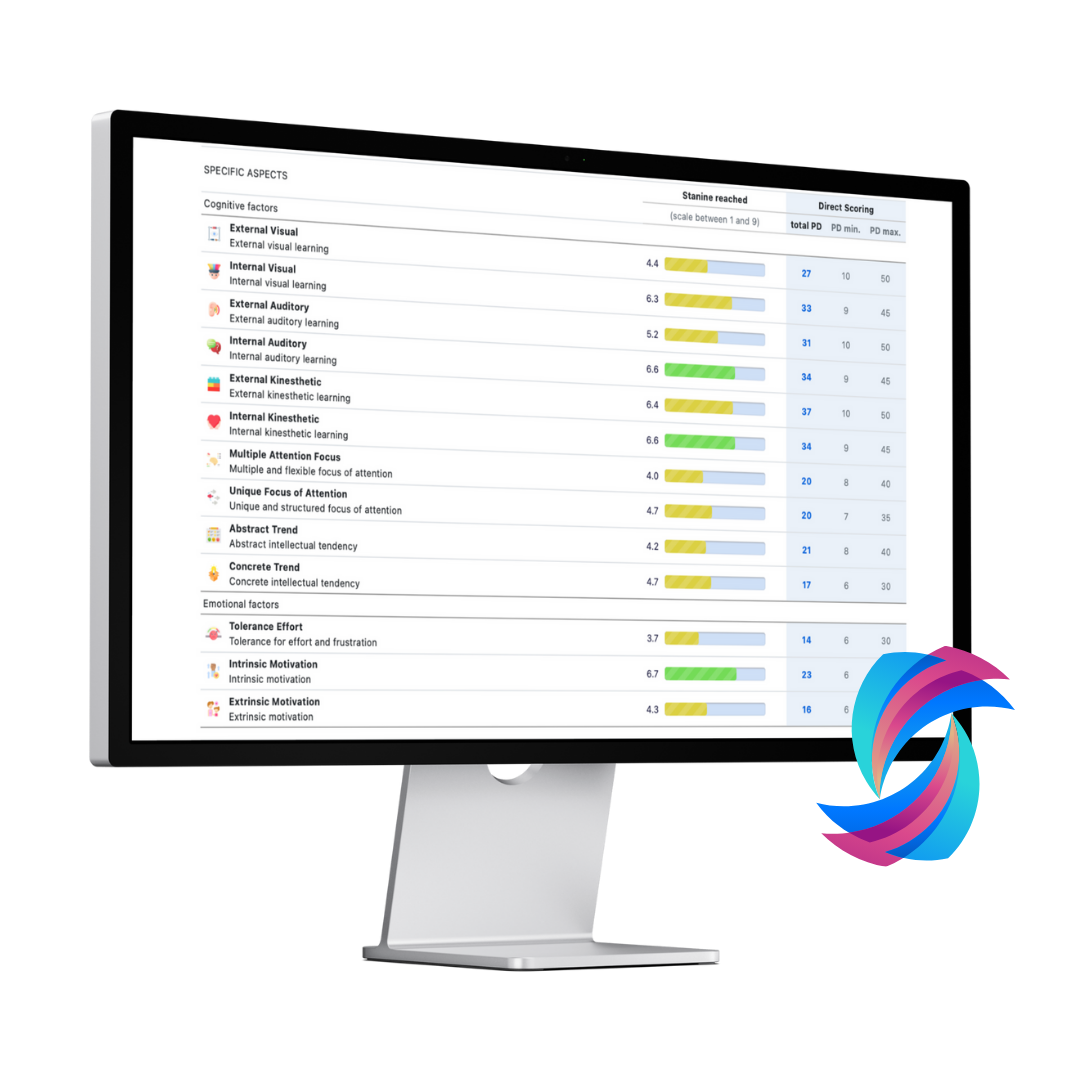
Authors

Isauro Blanco
Researcher and speaker specialising in cognitive development.
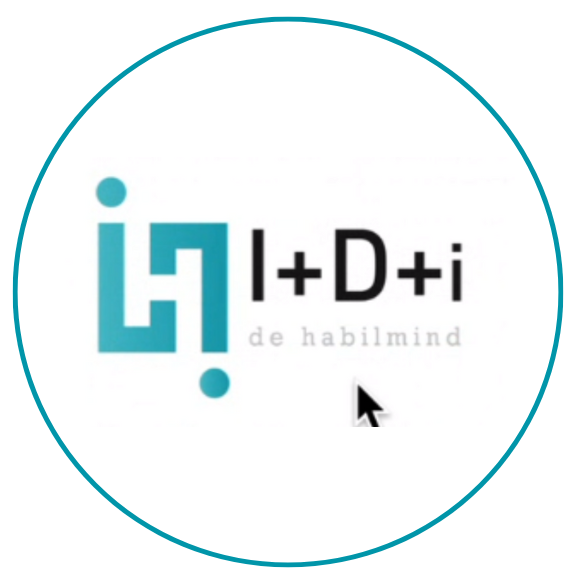
Habilmind R&D&I Team
Habilmind team dedicated to educational innovation.
What does your school obtain from this tool?
01
Identify
The strongest information processing channels in students and those that can be improved.
02
Increase
Interest and motivation towards studying.
03
Personalise
The learning experience.
04
Prevent
Lack of motivation and low academic performance.
05
Assess the impact
Through the re-administration of the tool.
Problems you prevent (or mitigate) when using Learning Styles
1. Disconnection between teaching methods and the student’s learning style: By understanding students’ learning styles, educators can adapt their teaching methods to better align with individual learning preferences, enhancing the effectiveness of education and reducing students' sense of confusion.
2. Difficulties in information retention: Using study strategies that match each student’s learning style improves information retention and promotes deeper, more meaningful learning.
3. Lack of motivation and disinterest in learning: When students feel understood and supported in their learning style, they may experience increased intrinsic motivation to engage in the learning process and show greater interest in school subjects.
4. Difficulties in collaboration and teamwork: Understanding students’ learning styles allows educators to organise collaborative learning activities that leverage each student's strengths, fostering more effective and productive teamwork in the classroom.
On which platforms of the Habilmind Ecosystem
is this tool available?
Useful Links
Authors
Explore the contribution of the key author in the development of the Learning Styles test. Read more
Check prices and benefits instantly
Use the “Prices” button to view the available plans and choose the one that best suits your school.
Free trials are available for schools, colleges, institutes, universities, clinical psychologists, and researchers.






